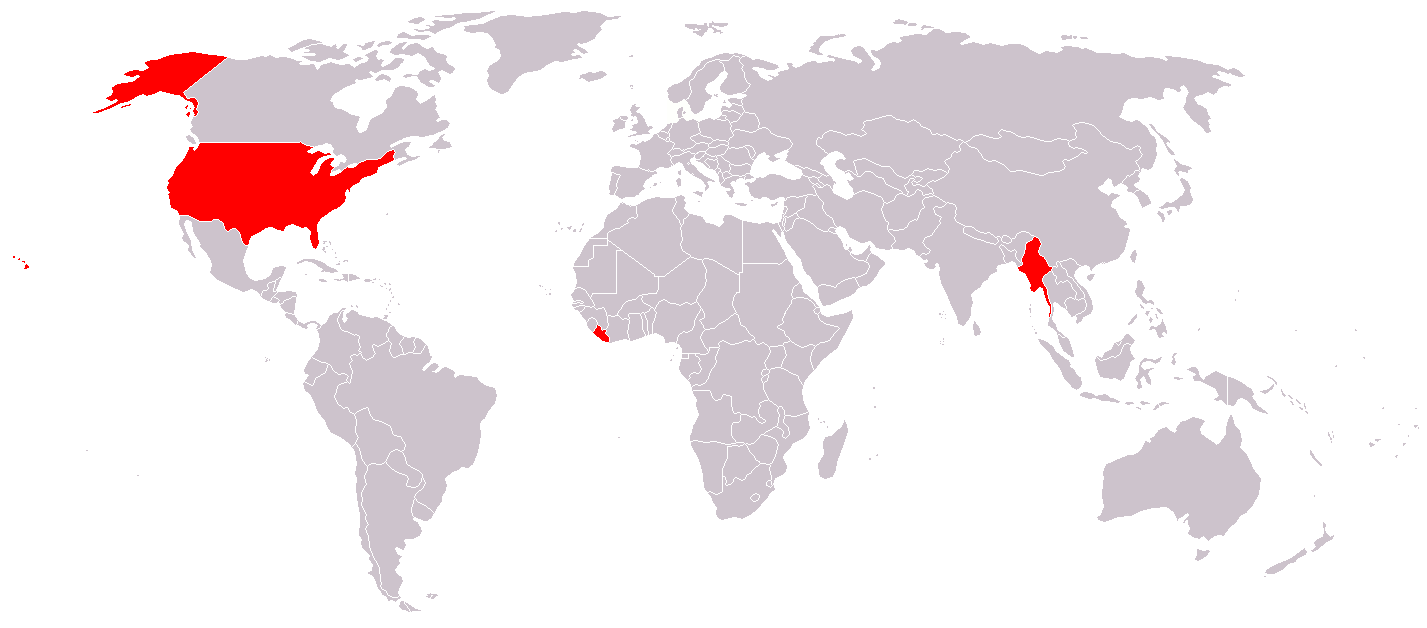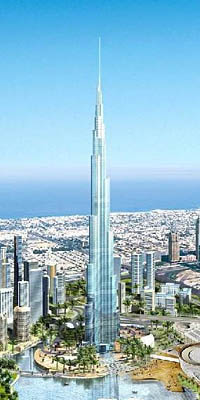Mr. Wizard is Dead, and We Are Killing Science
Don Herbert, best known as Mr. Wizard, passed away last week. Mr. Wizard taught and inspired two generations of children on his television shows Watch Mr. Wizard (1951-1965) and Mr. Wizard's World (1983-1990).
[youtube]j_RJtkKGw4c[/youtube]
More than just demonstrating how to measure the height of a tree from by its shadow, Mr. Wizard taught kids two very important lessons. First, he taught them that science is about how the world works, and the world doesn't always work the way you think it does.
Second, he taught them that science was not just for old men in lab coats with millions of dollars of equipment, that a lot of interesting experiments and demonstrations could be done with household objects and a little adult supervision.
This is a particularly bad time in our nation's history to lose Mr. Wizard, because science is being attacked on exactly those two points.
First, you have the continuing saga of religious people trying to get creationism taught as if it were science. Dressing it up as "intelligent design" has been so effective because the public has such a tenuous grasp on how science works and what it is. Go back to your childhood and remember how Mr. Wizard would ask his youthful assistants what they thought was going to happen before each experiment. Sometimes they reasoned it out correctly, sometimes they didn't - the point is that Mr. Wizard would then test the hypothesis, and the results of the test trump any guessing, no matter how logical or earnest.
To write creationism into science textbooks, we must rewrite Mr. Wizard's old episodes too. In the new version, the children make a guess, Mr. Wizard runs the experiment, and if the results disagree, we throw out the experiment and not the guess. Creationism and intelligent design might be interesting ideas, and many people might believe in them very strongly, but until they are willing to throw out their preconceived notions of the world based on new evidence, they cannot be called science.
Second, you have various government efforts that have made it harder and harder for kids to actually do the kinds of experiments and demonstrations that Mr. Wizard was so adept at. For example, this post from Memepunks describes how the war on drugs and war on terror have made it almost impossible to get chemistry sets as good as the ones sold 20 years ago. It's not just the chemicals - in many states you must register to own common lab equipment. And you can forget about model rockets.
Our efforts to protect the children are instead dumbing them down. No Child Left Behind required the addition of science standards by 2005-06. That's a good thing, right? Not if it means cutting money from high school labs and shifting science education toward the memorization of facts (which are much easier to test).
America has lost Mr. Wizard when we need him most.
For a little more insight into Mr. Wizard's show, watch the clip below from a 1982 episode of Late Night with David Letterman.
[youtube]TLRxVwRClRg[/youtube]

 Back in the day, I was huge fan of Sim City, Sim City 2000, and even Sim City 3000. So much so that I put up a small fansite and
Back in the day, I was huge fan of Sim City, Sim City 2000, and even Sim City 3000. So much so that I put up a small fansite and  Now Simizu may never be built, but another arcology-sized building,
Now Simizu may never be built, but another arcology-sized building,